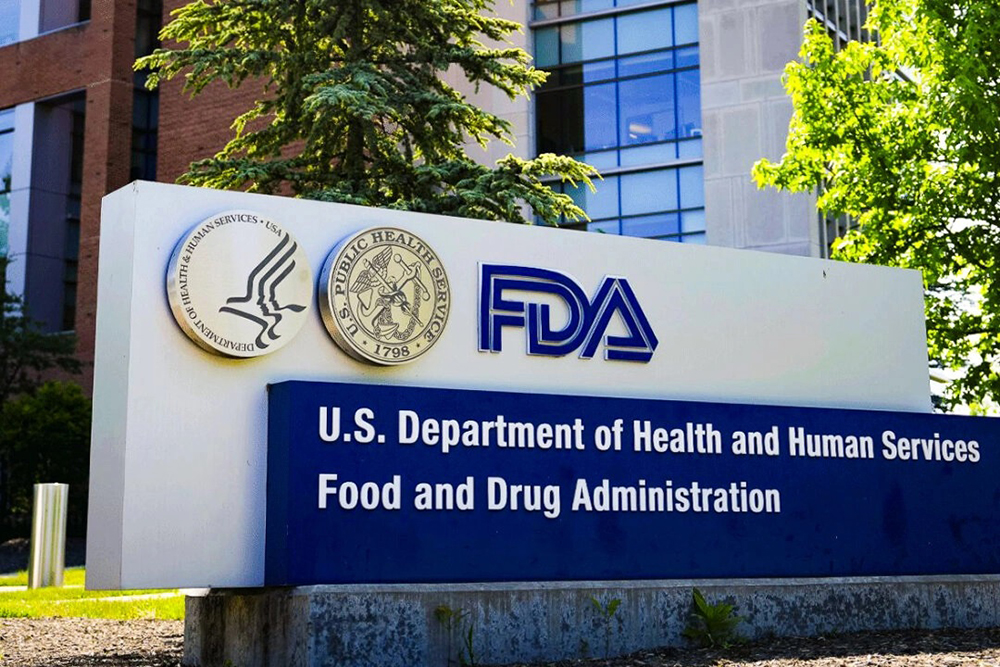|
Getting your Trinity Audio player ready...
|
By: Amie Dahnke
High levels of benzene, a chemical known to cause cancer, can form in popular acne treatment products containing benzoyl peroxide.
The report was published by independent laboratory Valisure on Wednesday, prompting concerns about commonly used facial cleansers.
Benzene is a sweet-smelling colorless or light-yellow liquid at room temperature. It is a known human carcinogen that can cause leukemia and other blood disorders. According to the American Cancer Society, it is one of the 20 most widely used chemicals in the United States, utilized by chemical and pharmaceutical companies as a solvent. Trace amounts are commonly found in cigarette smoke, gasoline, glues, adhesives, cleaning products, and paint strippers.
The report noted benzene can form at “unacceptably high levels” in prescription and over-the-counter (OTC) benzoyl peroxide products. Valisure’s tests showed certain products can form more than 800 times the “conditionally restricted” limit of benzene allowed by the U.S. Food and Drug Administration (FDA).
According to the FDA, benzene is a Class 1 solvent. Class 1 solvents should not be used to make “drug substances, excipients and drug products because of their unacceptable toxicity.” If benzenes must be used in cases of products with significant therapeutic value, levels should be restricted to 2 parts per million (ppm).
“There is not a safe level of benzene that can exist in any skin care product, over the counter or prescription,” Dr. Christopher Bunick, an associate professor of dermatology at Yale University, said in a press release. “The current data on [benzoyl peroxide] degrading into high levels of benzene is extremely concerning given its prominent use in skin care, and this study should serve as another wake-up call for improved manufacturing and quality control of consumer healthcare products.”
Benzene Found in 95 Percent of Products Containing Benzoyl Peroxide
Valisure found that acne treatments containing benzoyl peroxide are unstable and can form exponentially greater amounts of benzene when left out in elevated temperatures. Initially, the research team looked at 175 acne treatment products and found that 99 contained benzoyl peroxide. Of the 99 containing benzoyl peroxide, 94 contained benzene without being subjected to elevated temperatures.
Valisure researchers subjected five different products to three temperature settings: body temperature (98.6 degrees Fahrenheit), pharmaceutical stability testing temperature (122 degrees Fahrenheit), and hot car temperature (158 degrees Fahrenheit). This initial stability study revealed that dozens of ppm of benzene can form in acne products if stored at body temperature within a few weeks, and hundreds of ppm of benzene can form at 122 degrees. When tested at body temperature for 18 days, Valisure detected 1,500 bpm of benzene in two products, over 100 bpm in 17 products, and over 10 ppm in 42 products.
In one test, a Proactiv acne product was stored at 158 degrees Fahrenheit for nearly 17 hours. The lab found benzene inside the product and benzene gas in the air surrounding it that would be 1,270 times the U.S. Environment Protection Agency’s threshold for increased cancer risk by long-term inhalation if dispersed within an area the size of the interior of a compact car.
“This discovery of benzoyl peroxide’s fundamental instability and formation of benzene is substantially different than Valisure’s previous findings of benzene in sunscreens, hand sanitizers and other consumer products,” David Light, Valisure’s co-founder and president, said in the press release.
This is not the first time Valisure has detected benzene in consumer products. In 2021, the laboratory documented benzene contamination in hand sanitizers, sunscreens, antiperspirants, and dry shampoos.




